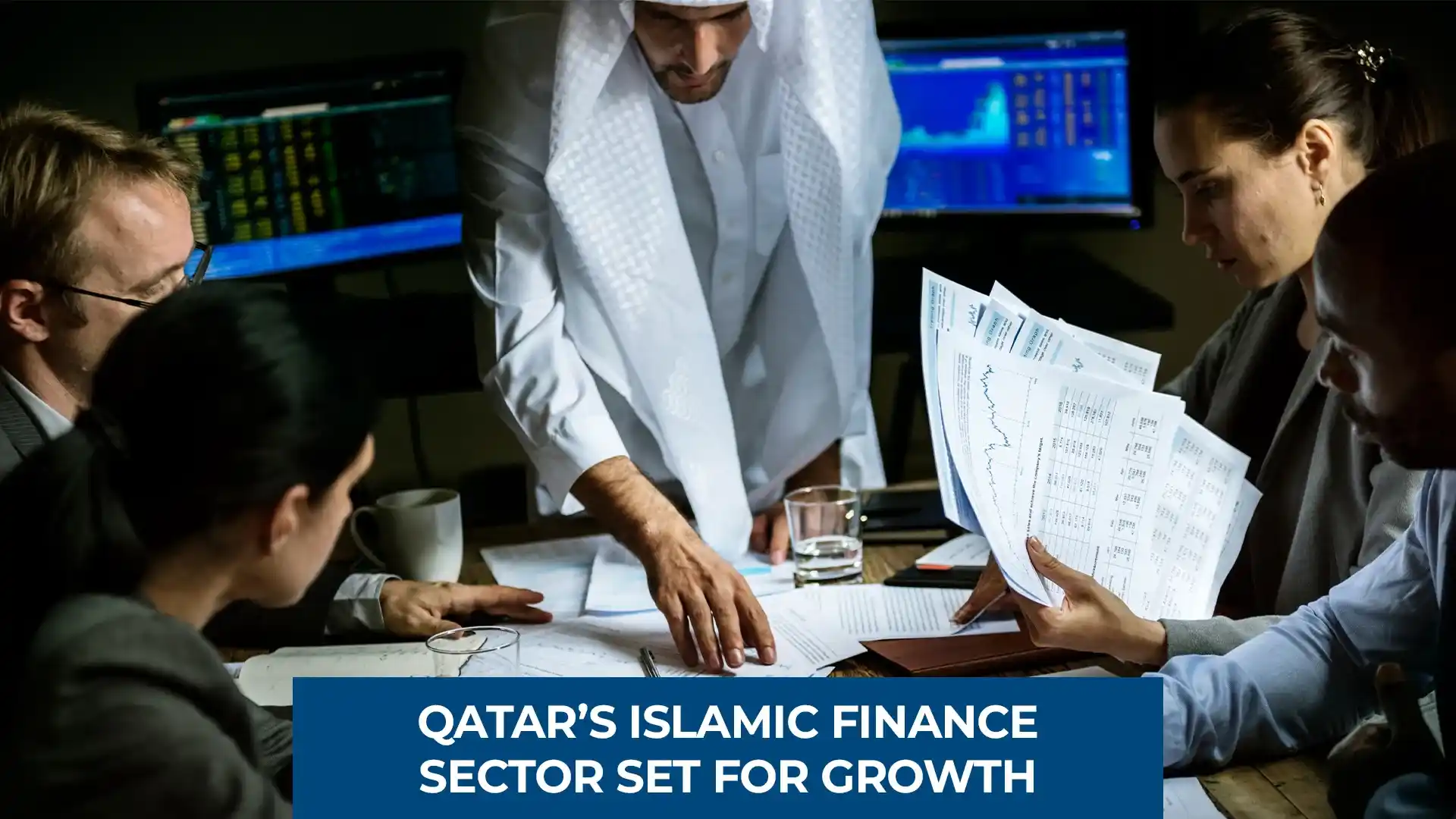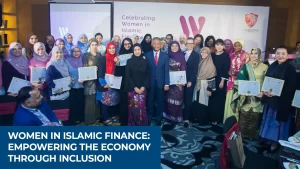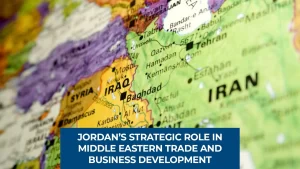Qatar is emerging as a leading player in the Islamic finance industry, poised for significant growth in the coming years. With a robust regulatory framework, a strategic location, and a rising demand for Sharia-compliant financial products, Qatar’s Islamic finance sector is expanding nationally and gaining global recognition. As a Jordanian business expert, I will explore the factors driving this growth, the challenges ahead, and the opportunities in wait.
THE FOUNDATION OF ISLAMIC FINANCE IN QATAR
Islamic finance is based on principles that promote ethical investing, risk-sharing, and community support. In Qatar, the industry is built on a solid legal framework that aligns with Sharia principles. The Qatar Central Bank (QCB) plays a crucial role in overseeing the financial sector, ensuring compliance with Islamic laws while creating a stable environment for financial institutions.
The Qatari government’s commitment to Islamic finance is evident in its national vision, Qatar National Vision 2030. This vision aims to diversify the economy and promote sustainable development, emphasizing the importance of Islamic finance for economic stability and growth.
FACTORS DRIVING GROWTH IN ISLAMIC FINANCE
Increasing Demand for Sharia-compliant products
As more people become aware of ethical investing, the demand for Sharia-compliant financial products is rising. Individuals seek options that align with their values, seeking investments supporting ethical and responsible practices. This trend is growing among Muslim investors and non-Muslims interested in the moral nature of Islamic finance.
Government Support and Regulatory Framework
The Qatari government has actively created a supportive environment for Islamic finance. Initiatives like the Qatar Financial Centre (QFC) have established Qatar as an Islamic banking and finance hub. The QFC offers a business-friendly regulatory framework attracting local and foreign investments in Islamic financial services.
Additionally, the QCB has introduced regulations tailored for Islamic financial institutions, promoting transparency and building investor confidence. These supportive measures are crucial for attracting new players to the market and encouraging innovation.
Growth of Islamic Banking Institutions
Qatar has several prominent Islamic banks, including Qatar Islamic Bank (QIB) and Masraf Al Rayan. These banks are essential in promoting Islamic finance and expanding its reach. They offer a variety of products, including personal banking, corporate finance, and investment services, all designed to comply with Sharia principles.
The Islamic banking sector in Qatar has shown impressive growth, with assets increasing significantly over the years. Recent reports indicate that Islamic banks account for a substantial portion of total banking assets in Qatar, highlighting a solid preference for Sharia-compliant banking solutions.
Expansion into New Markets
Qatar’s Islamic finance sector is also looking to expand beyond its borders. With its strategic location in the Gulf region, Qatar is a gateway to markets in the Middle East, Africa, and Asia. This geographic advantage allows Qatari financial institutions to reach new customers and explore investment opportunities in emerging markets.
Qatari banks increasingly engage in cross-border transactions and partnerships, enhancing their global presence. This expansion diversifies their portfolios and positions Qatar as a critical global player in the Islamic finance industry.
CHALLENGES AHEAD
Despite the promising prospects, Qatar’s Islamic finance sector faces challenges that must be addressed. One major challenge is the need for greater standardization in Sharia-compliant financial products. Differences in interpretations of Sharia law can create confusion and hinder potential investors’ acceptance of Islamic finance.
Moreover, the sector must navigate evolving regulatory requirements. Keeping up with international standards while ensuring compliance with Sharia principles will be crucial for sustained growth.
OPPORTUNITES FOR THE FUTURE
Looking ahead, several opportunities can further propel Qatar’s Islamic finance sector. The growing interest in sustainable and ethical investments presents a unique chance for Islamic finance to thrive. By aligning with global trends in environmental, social, and governance (ESG) criteria, Qatari financial institutions can attract a broader range of investors.
Additionally, technological advancements, particularly in fintech, offer significant potential for innovation in the Islamic finance sector. Digital banking solutions, blockchain technology, and artificial intelligence can enhance customer experiences and streamline operations, making Islamic financial services more accessible and efficient.
FINAL WORDS
In conclusion, Qatar’s Islamic finance sector is on the brink of remarkable growth, driven by increasing demand for Sharia-compliant products, strong government support, and the expansion of Islamic banking institutions. While challenges exist, the opportunities for innovation and diversification are abundant. As a Jordanian business expert committed to ethical finance and focused on sustainable development, Qatar can solidify its position as a leader in the global Islamic finance landscape.
Qatar offers a dynamic and supportive environment for those interested in exploring Islamic finance’s potential. Embracing this growth contributes to individual financial security, community well-being, and sustainable development.






